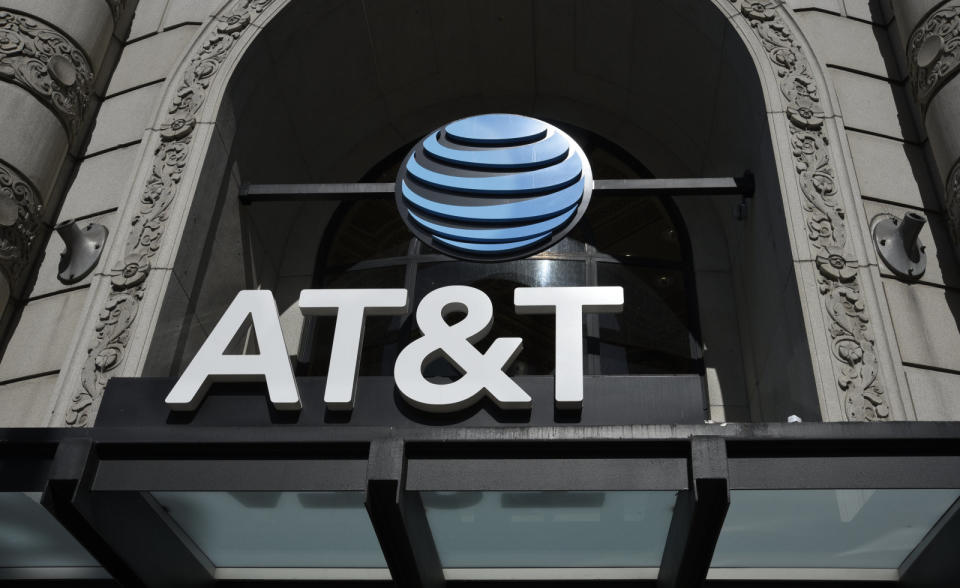AT&T will sever ties with location aggregators as well
The move follows a report detailing the unregulated market for location data.
Earlier this week, a Motherboard report described just how it easy it was for anyone to get the location of another person's phone. By handing over $300 to a bounty hunter, the publication was able to buy the location of a specific phone, which was accurate to within a few hundred meters. And the process showed just how flawed the data chain is between mobile carriers and the companies they provide location data to. Now, carriers are cutting ties with location aggregators, and AT&T is the latest to announce its plans to do so.
"Last year we stopped most location aggregation services while maintaining some that protect our customers, such as roadside assistance and fraud prevention," AT&T said in a statement to CNET. "In light of recent reports about the misuse of location services, we have decided to eliminate all location aggregation services -- even those with clear consumer benefits. We are immediately eliminating the remaining services and will be done in March."
T-Mobile made a similar announcement yesterday, saying that it had already blocked location data requests from aggregator Zumigo (which was specifically mentioned in Motherboard's report) and that it was almost done severing ties with other third-party data aggregators.
In June, Verizon, AT&T, Sprint and T-Mobile pledged to end the practice of selling location data through intermediary companies. The move came after reports revealed third parties were providing law enforcement officials access to cellphone location data without court orders. Following the reports, Senator Ron Wyden (D-OR) sent letters to the four major carriers demanding more information about the practices.
The @fcc needs to investigate. Stat.https://t.co/1qe8ko1PbH
— Jessica Rosenworcel (@JRosenworcel) January 8, 2019
After Motherboard published its report, Wyden along with Senators Kamala Harris (D-CA) and Mark Warner (D-VA) spoke out about the revelations and FCC Commissioner Jessica Rosenworcel called for an investigation.
AT&T told CNET that its March cut off date was to ensure legitimate services would have time to transition.




